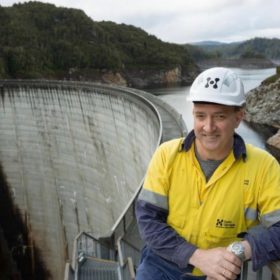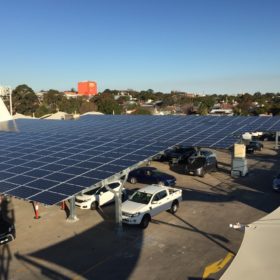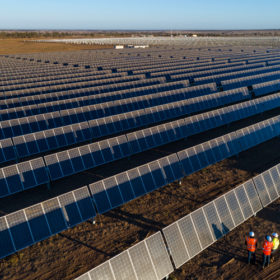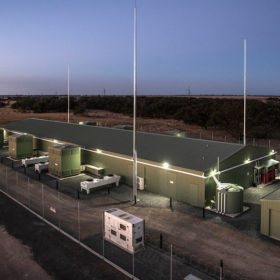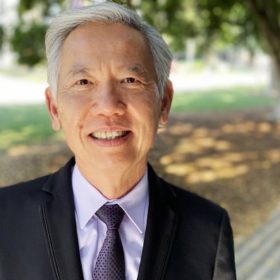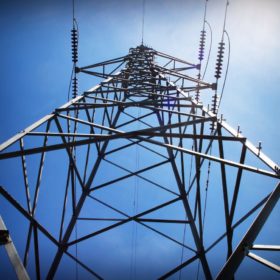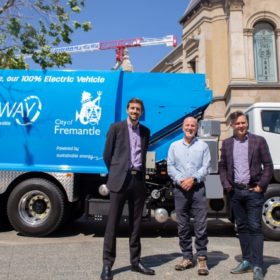Tasmania firms its ambitions of becoming Battery of the Nation
Hydro Tasmania has released a white paper pushing the island state’s claims to become the Battery of the Nation via upgrades to the Victoria-Tasmania interconnector, an effort to unblock the backlog of solar and wind.
Australia’s shopping centres are increasingly utilising solar PV
Across Australia shopping centres are starting to realise their expansive car parks are the perfect solar farms. Not only do the centres get solar energy at peak times, but customers can avoid the real threat of car-related bodily burns by parking in the shade of a solar array.
Adani opens 65 MW Queensland solar farm, puts further investment on hold
While it seeks to build one of Australia’s biggest coal mines, Adani has grown more cautious on solar investment after suffering connection delays on its first renewables project in Australia.
Massive AGL deal set to push Australia into the battery age
AGL, Australia’s biggest power producer, has inked a deal that will see the development of four large-scale batteries in NSW. The agreement is an attempt to secure against fluctuating prices during peak periods.
UNSW pioneer continuing to push solar ahead
Professor Chee Mun Chong is at the forefront of advanced hydrogenation, effectively doping solar cells with hydrogen to eliminate defects and build efficiency.
When are solar panels acceptable on historic buildings?
A study from Sweden seeks to consider how PV could be sympathetically installed on historic buildings. The researchers propose a target-based approach for assessing panel visibility.
Federal Government allocates $1 billion to boost grid reliability
The Morrison government has extended an extra $1 billion to the Clean Energy Finance Corporation to invest in energy storage projects, transmission and distribution infrastructure and grid stabilizing technologies.
Australia’s first full-sized surf park to pump out renewable waves
Urbnsurf Melbourne, Australia’s first full-sized surf park is set to open in Tullamarine this summer 2019/2020. The project is not only exciting for all those sullen landlocked surfers out there, but because the whole park is set to be renewably powered.
Sydney Opera House sets itself apart again, this time for its sustainability practices
The Sydney Opera House has become Australia’s first major arts institution to commit to the United Nations Sustainable Development Goals, it is but another step the famous landmark is making as a standout in sustainability.
Meet EVie, Fremantle’s new electric rubbish truck
The City of Fremantle is not shy of trying something new and sustainable. Freo’s latest experiment, an EV rubbish truck called EVie that will rumble, or hum rather, along the streets for the next month.
